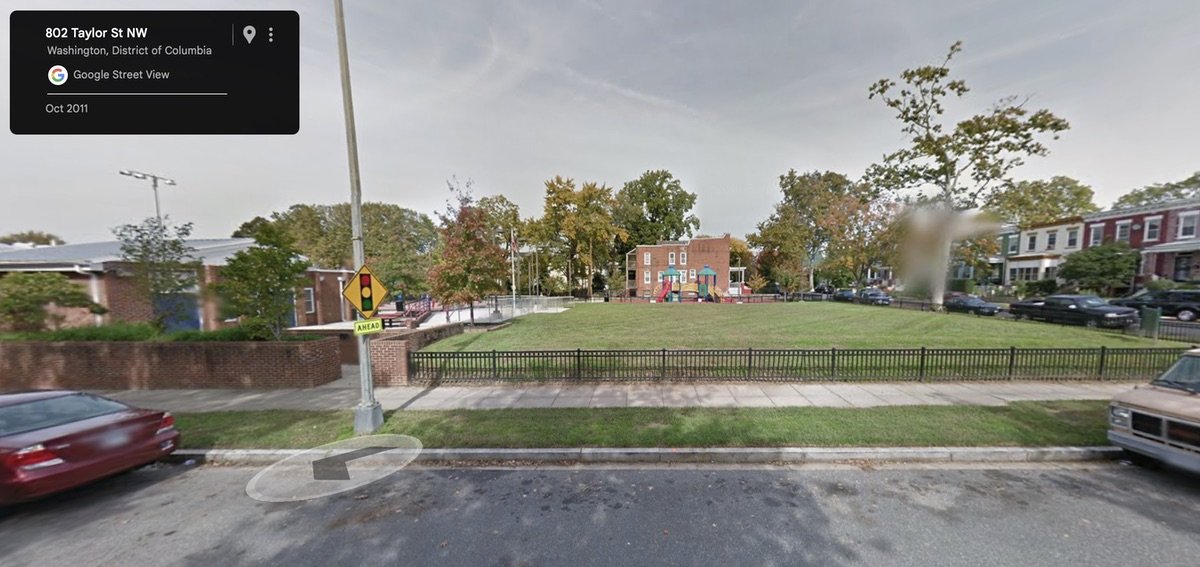Going virtual has some benefits and challenges, say DCPS teachers
/Empty hallways at Alice Deal Middle School.
by Cassandra Hetherington
Teachers miss their students, students miss their teachers, and nearly everyone eagerly awaits getting back into the classroom. One week into virtual learning, most people have felt frustrated with technology yet amazed by how rapidly students, parents and educators have adjusted. Days feel long and exhausting even without the commutes; a reminder for some of being an overwhelmed, overworked first-year teacher. Kids are often observed yawning and fidgeting after lunch on computer screens, but this is preferable to not having a student return for afternoon class.
Paraprofessional Aide Imari John is as exhausted as her Pre-K4 students at days end. Yet she enjoys learning new technology platforms which meshes well with her graduate school courses. Keeping herself motivated for online school is hard and despite her lengthy commute to Janney Elementary School, she would rather be there at 8am each morning instead of at her kitchen table. Imari says Janney has been great at trying to keep the students and staff engaged and the Principal is always available for the community.
The biggest problem is the technology, according to an AP teacher at School Without Walls who requested anonymity discussing school processes. The internal platforms DCPS use do not talk to each other. And while every day offers something new to troubleshoot, the teacher said that Walls has been supportive. Despite a summer’s worth of professional development, nothing fully prepared her for the reality of remote learning, much like parenting books never match the actuality of a real baby.
Some parents at Marie Reed Elementary School have formed a WhatsApp group to help non-English speakers navigate untranslated online learning tools. If this persists, Imari would like DCPS to develop more age appropriate platforms — Microsoft Teams might work well for high school students, but without interaction, younger learners are harder to keep engaged once the “razzle and dazzle” of a screen evaporates.
The AP teacher at School Without Walls is worried that building meaningful relationships with a new group of students will be difficult in a digital world. Without seeing expressions on her students’ faces, she says providing appropriate feedback is harder. Even though she is experiencing the best possible scenario (i.e., eager students, ample technology, and a supportive school), she fears this content will not match the high quality of her live math instruction. She has resigned herself to the fact that virtual learning can only be good up to a certain point as it lacks the authenticity and robustness of being physically together.
Christine Ortiz, Dual Language Coach at Marie Reed Elementary School, is also experiencing the many challenges of virtual instruction, but sees a silver lining as her students learn and engage without the pressure of as many standardized tests hanging over their heads. She wonders if this opportunity could change the entire public education system for the better. And not just for higher test scores, but a systemic transformation so students truly are learning. Virtual instruction is akin to riding a rollercoaster, Ortiz says. Sometimes instruction seems impossibly slow and other days it clicks and she’s at the top of the rollercoaster, ready to scream how great it all is that everyone is learning.
For now the long-term impact of virtual learning is unclear, but this is the first generation of public school students to learn entirely on computers. Ultimately, this allows for greater flexibility, something schools had the power to do all along but never tried. Unlike any time in history, students and parents alike are learning new skills and most people are figuring it out despite the stress, anxiety and chaos. But ultimately, it is not the same as starting a new school year in the classroom with excited teachers and eager students. Here’s hoping we get a vaccine and back to school, safely.
Need some help?
Families can visit backtoschool.dc.gov for answers to common questions such as how to reset a student’s password and review user guides for DCPS devices.
Join Microsoft Experts
Every Wednesday until September 30th, DCPS families will have the opportunity to join education experts from Microsoft for an inside look at how to use the Teams app for learning at home. Sessions take place on Wednesdays at 10:00 am and 5:00 pm. and the topic will be the same each time. You can login to your DCPS account for additional information.






















